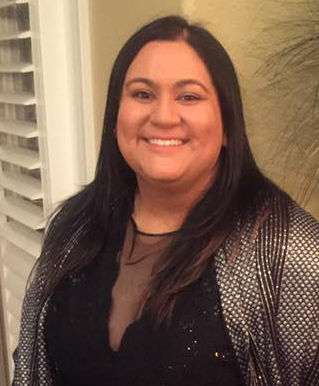
A recreational gambler buys the odd lottery ticket, throws a few bucks on a sports bet here and there, or takes a infrequent jaunt to a casino. These players can walk away at any point before losses begin to pile up.
A problem gambler struggles with moderation. What starts out as fun can quickly become an obsession to make up for gambling losses. Gambling becomes all-encompassing for some as it turns into a serious medical issue.
Nevada, known as the gambling capital of the world, sees its share of problem gamblers. In fact, WalletHub has named the state as this year’s most gambling-addicted state in the US. However, industry leaders have voiced numerous concerns about the study’s accuracy.
Nevada top list of most gambling-addicted states
WalletHub put together a study using different metrics to rank the 50 states on excessive gambling tendencies. Some of these metrics include the presence of illegal gambling operations, lottery sales per capita and the number of adults battling gambling addiction.
Nevada was also listed as the most gamble-friendly state and the state with the largest number of residents with gambling problems and those receiving treatment. Nevada also is the top state for casinos per capita, gaming machines per capita and gambling-related arrests per capita.
Here is a look at the top 10 most gambling-addicted states, according to the study:
- Nevada
- South Dakota
- Montana
- Mississippi
- Louisiana
- New Jersey
- Oklahoma
- West Virginia
- Pennsylvania
- Oregon
Industry leaders criticize WalletHub’s study
However, a number of high-ranking individuals have expressed doubt on the credibility of this study for several reasons. Ted Hartwell of the Desert Research Institute, for instance, called the criteria WalletHub used to judge states into question.
“I don’t know where they got them,†Hartwell said. “I don’t know of any peer-reviewed studies that would look at those factors and say, ‘these are good ways to measure prevalence within a particular state.’â€
Hawaii, for instance, is listed as tied with Georgia for the lowest number of legal non-casino slot machines. However, Georgia has 33,000 coin operated amusement machines managed by the state lottery. Hawaii has none.
In addition, California is ranked 11th on WalletHub’s list. However, a 2022 audit of the state’s Office of Problem Gambling concluded that the office “cannot show that its evaluation of its programs and services has any direct connection to improvements in those programs and services.†That audit also failed to include an estimate of just how many Californians are dealing with gambling addiction.
Furthermore, Hartwell added that, while Nevada casinos are abundant, many of them market themselves to people from other states.
“When you’re using the types of measures used in this study, it certainly does (skew the numbers),†he said. “You have major resorts and casinos along the Strip corridor and downtown that are primarily catering to tourists.â€
Keith Whyte, the Executive Director of the National Council on Problem Gambling, pulled no punches in a conversation with Play Innevada last week.
“Problem gambling is a serious issue and we certainly believe state governments need to do more. But WalletHub’s arbitrary, inaccurate rankings based on shoddy methodology do a disservice to this important public health discussion.â€
Resources available for those who need help with problem gambling
Problem gambling is a real issue. Fortunately, there are ways Nevadans can get the help they need.
The Nevada Council on Problem Gambling is also a nonprofit organization that offers counseling, assistance to find treatment options and a 24-hour free hotline. The number is 1-800-GAMBLER, and is part of the recently-revamped national hotline system.
Gamblers are also able to add themselves to the self-exclusion database in Nevada to limit options for gambling. There are also groups like Gamblers Anonymous, GAM-ANON and GamTalk that offer peer-assisted help to gamblers and their loved ones. This can help problem gamblers to know they’re not alone and they don’t need to feel shame.
Andrew Champagne contributed additional reporting to this story.








